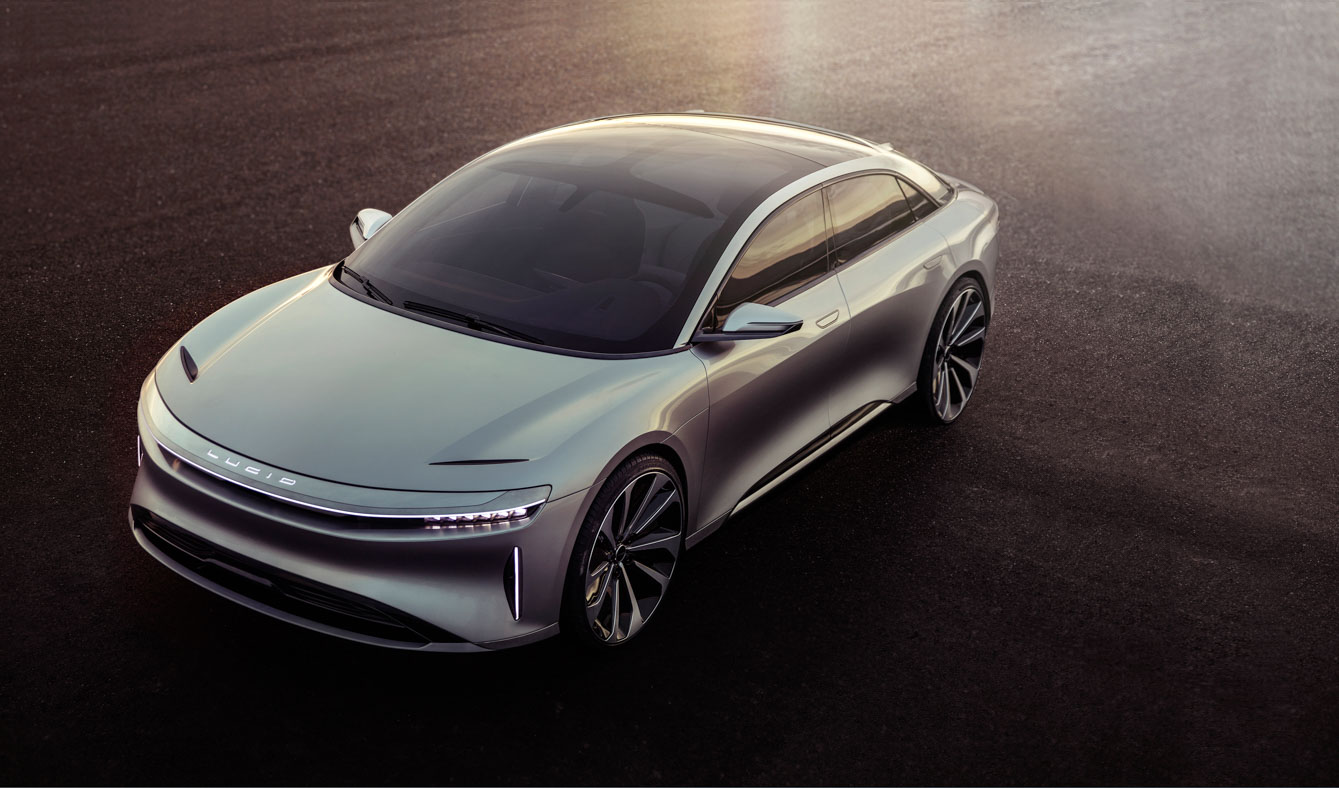Building an electric car is hard. Not just the technical aspects of it, but also because people expect so much from an EV to believe that it is really the future.
I mean, just check out the numbers Lucid Motors had to put out for their upcoming Lucid Air – 0-100 km/h in less than 2.5 seconds, top speed of over 200 mph (that’s 322 km/h for us), and a range of over 400 miles (643 km). How many “regular” cars can achieve all of that?
That’s probably why the Air took so many years to develop. But no matter, because Lucid Motors is set out to prove all the EV doubters wrong. A little more than two years ago, the Lucid Air showed us that it can hit a top speed of 378 km/h, and now it’s out to defend its 400 miles of range claim.
Back in February, before the entire state of California was placed on lockdown, the Lucid Motors team took beta prototype number nine (VIN 9) on a road trip from their headquarters in Silicon Valley in San Francisco to Los Angeles and back – a distance of more than 400 miles each way.
The first leg was relatively easier, with the R&D team driving the prototype along the coastal Highway 1, before an overnight stop in Santa Monica to charge up the car. The next day, the team took a more hilly route with Interstate 5, where the Lucid Air reached an elevation of 1,263 m at the Tejon Pass – all while sticking as close as possible to the 70 mph (112 km/h) speed limit.

Obviously, without a third-party adjuticator, we’ll have to take Lucid’s claim with a pinch of salt. Looking at the video, it’s also clear that the prototype still lacks quite a lot of finishing touches in the interior – possibly reducing the weight and therefore giving an advantage to the range of the prototype.
However, the magical 400 mile figure is still an impressive feat – and even more so in an EV. Lucid’s “smart range” philosophy (efficiency over large batteries) seem to be working. There’s a lot to look forward to, but we’ll just have to wait and see at the official launch, which was scheduled for the now-cancelled New York motor show.





